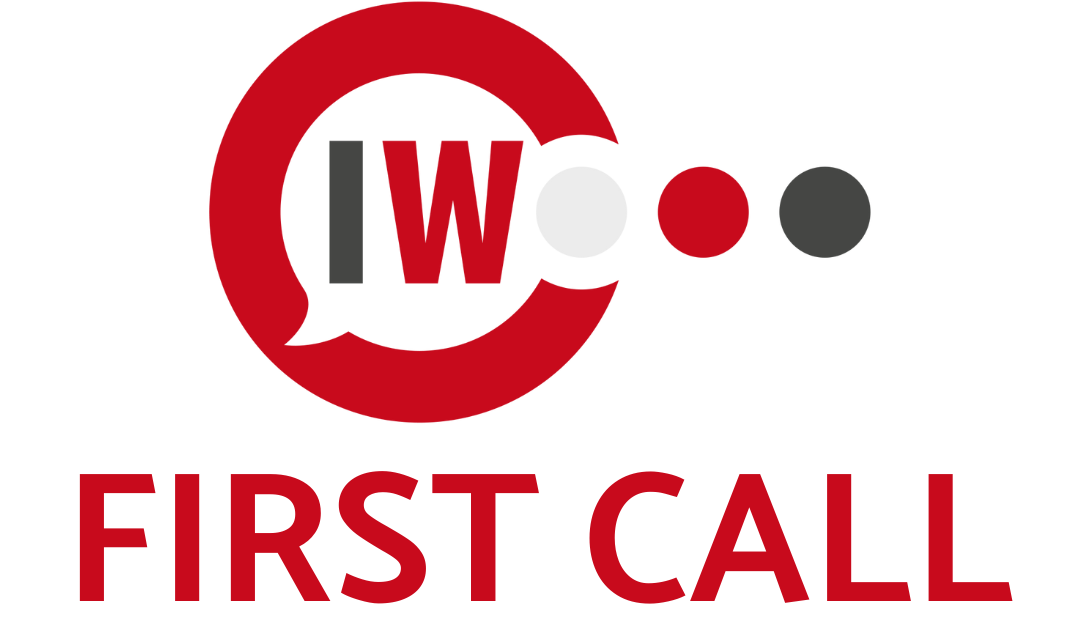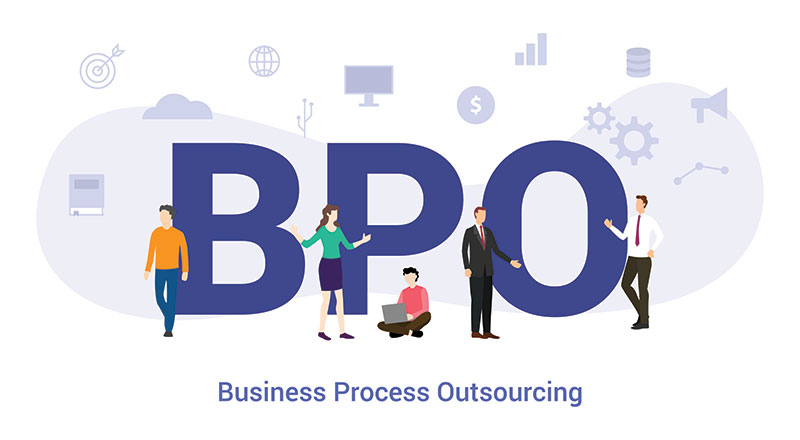The insurance industry is undergoing rapid transformation. With rising customer expectations, stringent regulations, legacy IT systems, and economic pressures, insurance companies are seeking innovative ways to transform their operations. This is where outsourcing comes in.
Outsourcing insurance services and business processes to specialized third-party vendors has emerged as an appealing strategy for insurers to enhance efficiency, boost agility, and deliver superior customer experiences. However, outsourcing insurance services also comes with its own set of challenges.
Let’s explore the impact of outsourcing on the insurance sector.
Understanding Insurance Outsourcing
Insurance outsourcing refers to insurers contracting external service providers to manage specific business processes and operations. This allows insurance companies to focus on their core competencies.
Some examples of commonly outsourced insurance services include:
- Claims processing
- Policy administration
- Assisting with actuarial services
- Underwriting support
- Call center operations
- IT infrastructure management

Insurance outsourcing typically follows three models:
Business Process Outsourcing (BPO)
BPO involves outsourcing essential but non-core back-office processes like policy administration, premium collections, and claims settlement. Top BPO services for insurers include data entry, document processing, and customer service.
Knowledge Process Outsourcing (KPO)
KPO focuses on offloading expertise-intensive processes that require specialized skills and analytical abilities. Actuarial services, advanced analytics, and underwriting support are common KPO functions in insurance.
IT Outsourcing (ITO)
ITO enables insurers to hand over their technology infrastructure, software development, testing, security, and maintenance to external technology experts and managed IT service providers. This allows insurers to deliver seamless digital experiences.
Looking for a reliable partner to handle your policy administration and underwriting support? Discover how our specialized team can optimize your back-office operations and free up your staff to focus on customer service.
Reduced Operating Costs
Outsourcing allows insurance companies to reduce operating expenses significantly. By leveraging BPO providers’ expertise and infrastructure, insurers can cut costs associated with in-house processing of key functions like:
- Data entry
- Claims processing
- Policy administration
Outsourcers drive efficiency through process standardization, automation, and economies of scale. This creates cost savings of over 30% on average for companies in the industry.
Specialized BPO partners can perform these tasks at a fraction of the expense of maintaining full-time staff. The cost savings allow insurance companies to invest more resources into core business areas.

Improved Risk Management
Insurers deal with large volumes of sensitive customer data. Working with experienced BPO partners enables robust data security protocols for activities like know-your-customer (KYC) checks and fraud detection.
Strict security standards help insurance companies manage risks better while remaining compliant with regulations. Outsourcers also shoulder the burden of infrastructure costs related to advanced analytics and AI needed for efficient fraud detection.
Enhanced Customer Experience
By outsourcing repetitive tasks, insurance company employees get more time to focus on customer relationships. Delegating policy administration and claims processing to trained BPO staff with updated tech stacks also leads to faster turnaround times and better experiences for policyholders.
Access to Domain Expertise
Outsourcing companies invest significantly in hiring and training industry-specific talent. This allows insurers to tap into a rich talent pool possessing the latest domain knowledge and skills. That is why specialized knowledge is crucial in the insurance sector. Established BPO partners have deep domain expertise from years of experience serving multiple insurance verticals. Their institutional knowledge can provide insurers with valuable insights to introduce innovations and stay competitive.
Focus on Core Business
Handling non-core functions like payroll, procurement, and recruiting in-house can divert focus from the key insurance business. Outsourcing these activities based on a clear strategy allows insurance carriers to zero in on critical priorities like:
- Underwriting
- Product development
- Sales and distribution
- Investment management
Scalability and Flexibility
Insurance is prone to fluctuations in demand. Outsourced service agreements offer more flexibility than fixed in-house resources. BPO partnerships allow seamless scaling to handle changes in application volumes and call center inquiries. This agility and elasticity help insurers optimize costs.

Process Improvements
Mature BPO partners bring process rigor and technology optimization from years of industry experience. Their best practices and automation enable insurance companies to improve cycle times and boost productivity across both front and back-office functions.
Access to New-Age Technologies
From AI and machine learning to RPA and blockchain, rapidly advancing technology is transforming insurance. Partnering with BPO companies that continually invest in next-gen solutions allows insurers to benefit from cutting-edge innovations without massive in-house investments.
Key Considerations When Outsourcing Insurance Services
While outsourcing core business processes can benefit insurance companies tremendously, the key is finding the right partner. Here are some important factors to evaluate:
Industry Expertise and Experience
Look for BPO vendors with proven experience handling specific insurance sub-verticals. Established domain expertise ensures optimal outcomes.
Data Security and Compliance
Robust protocols and infrastructure for data security, along with a track record of compliance, are crucial when outsourcing insurance services.
Technology Capabilities
Optimal technology infrastructure and readiness to adopt insurance-specific innovations demonstrate a partner’s capabilities and commitment.
Scalability and Flexibility
The ideal outsourcing provider for insurance services offers elastic solutions that scale seamlessly based on evolving business needs.
Cultural Compatibility
An outsourcing partner that understands the insurance provider’s organizational culture and priorities makes collaboration smoother.
Cost Savings Focus
While cutting expenses is vital, it should align with performance on KPIs like accuracy, turnaround times, and customer satisfaction.
Proven Credentials
Look for demonstrated success enabling insurers to achieve their goals along with client testimonials. Credentials like ISO certifications also validate capabilities.

Conclusion: The Future of Insurance Outsourcing
As insurance companies aim to remain nimble, BPO partnerships are increasing steadily. Per Allied Market Research, the global insurance BPO market is projected to reach over $24 billion by 2032.
Key drivers propelling adoption include advanced automation and Insurtech solutions that allow outsourcers to optimize processes better. For instance, AI-enabled chatbots and interactive voice response (IVR) systems are enhancing customer service and claim assistance.
Personalized customer experiences will be a pivotal focus area. Specialized partners can combine data analytics, AI, and omnichannel integration to help insurers offer tailored products and seamless services across channels.
As outsourcing enables insurers to embed such cutting-edge innovation without massive investments, the scope of insurance BPO services will likely expand further.
Interested in staying ahead of the curve in the rapidly evolving insurance industry? Find out how our tailored BPO services can help you leverage cutting-edge innovations and optimize your operations.






